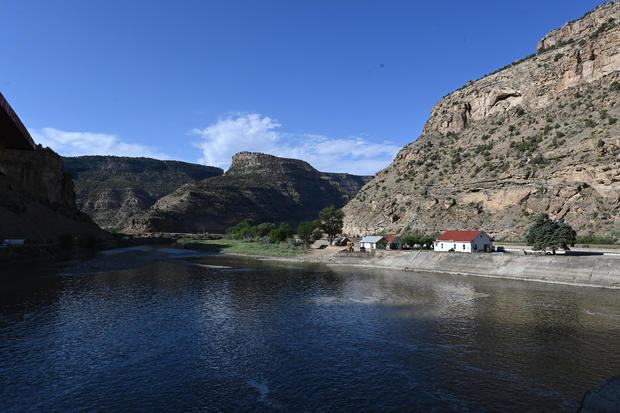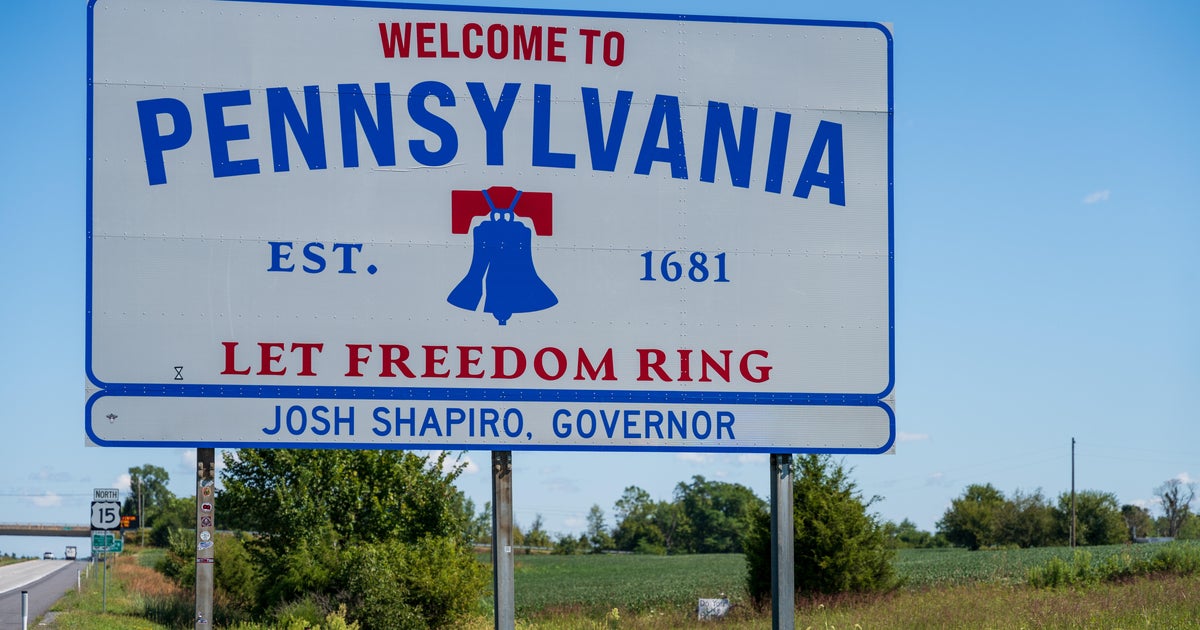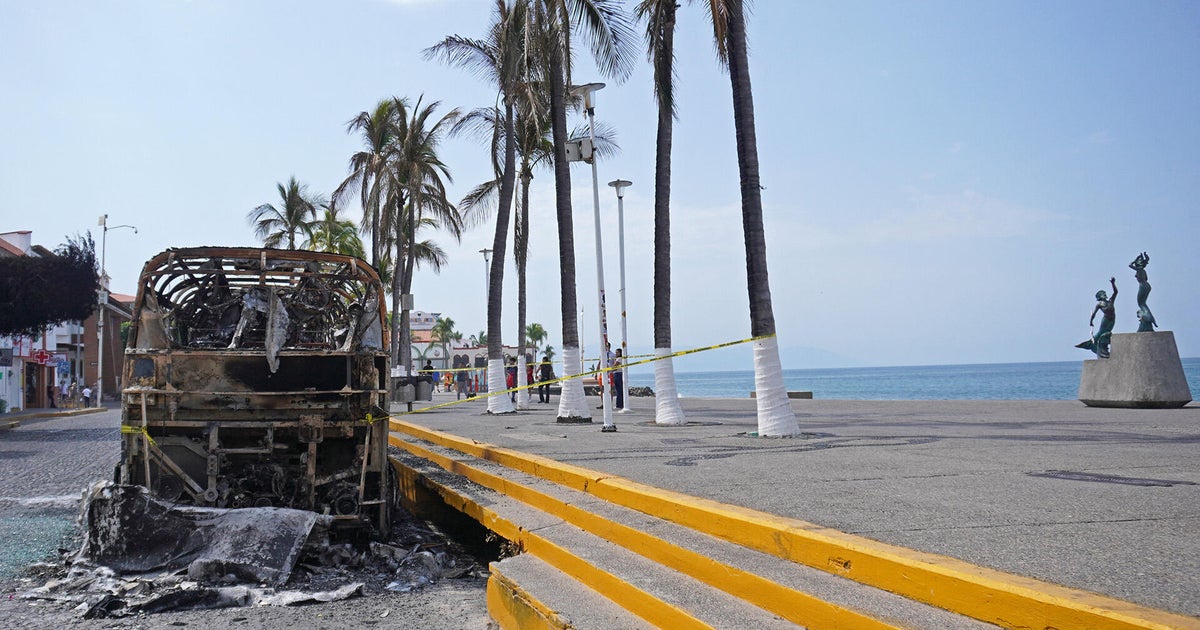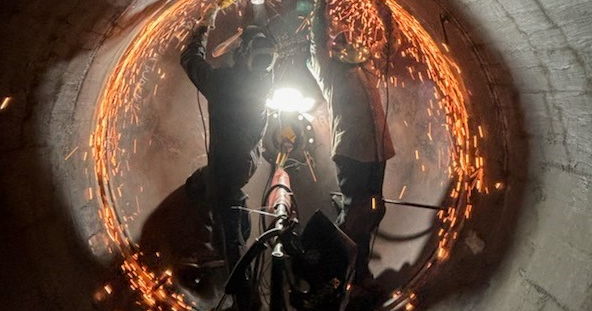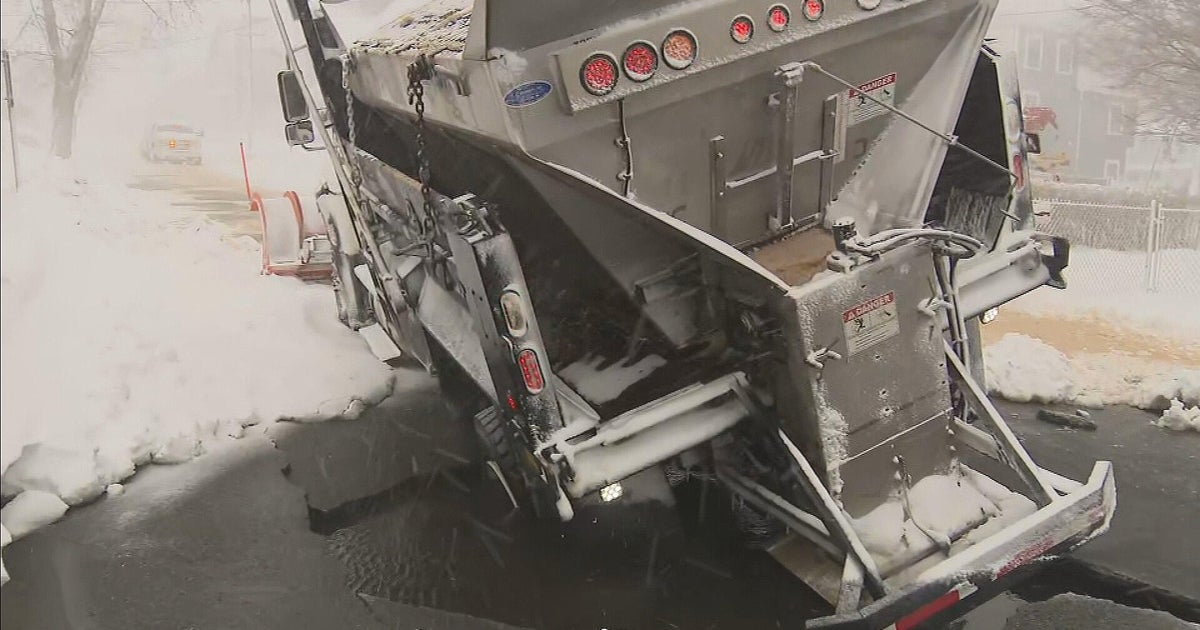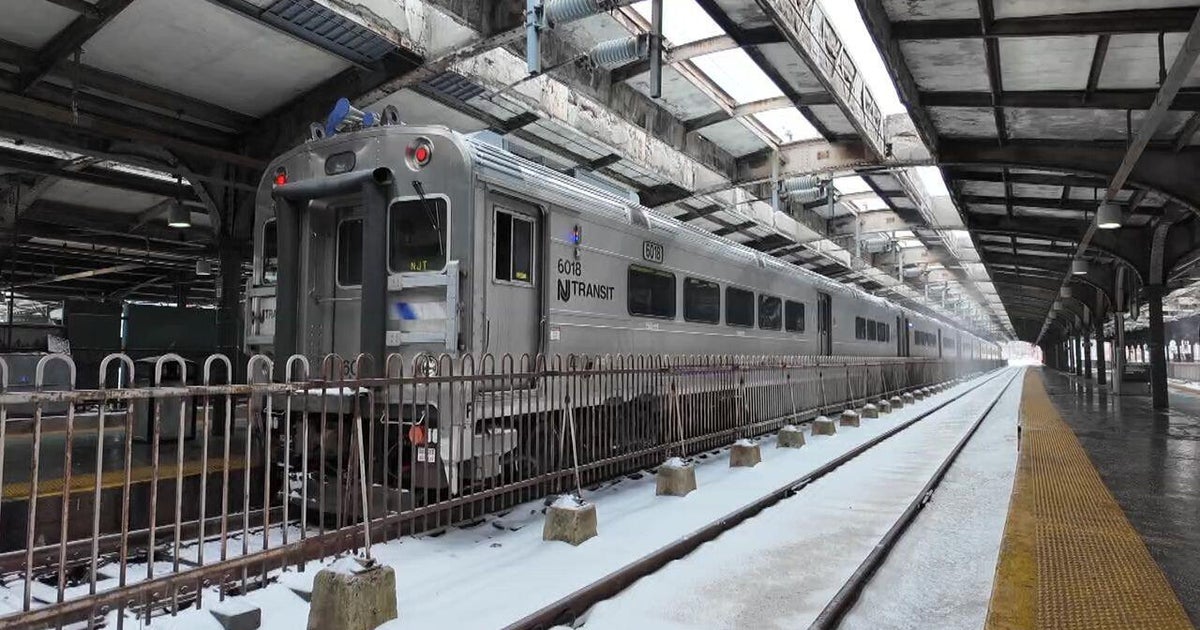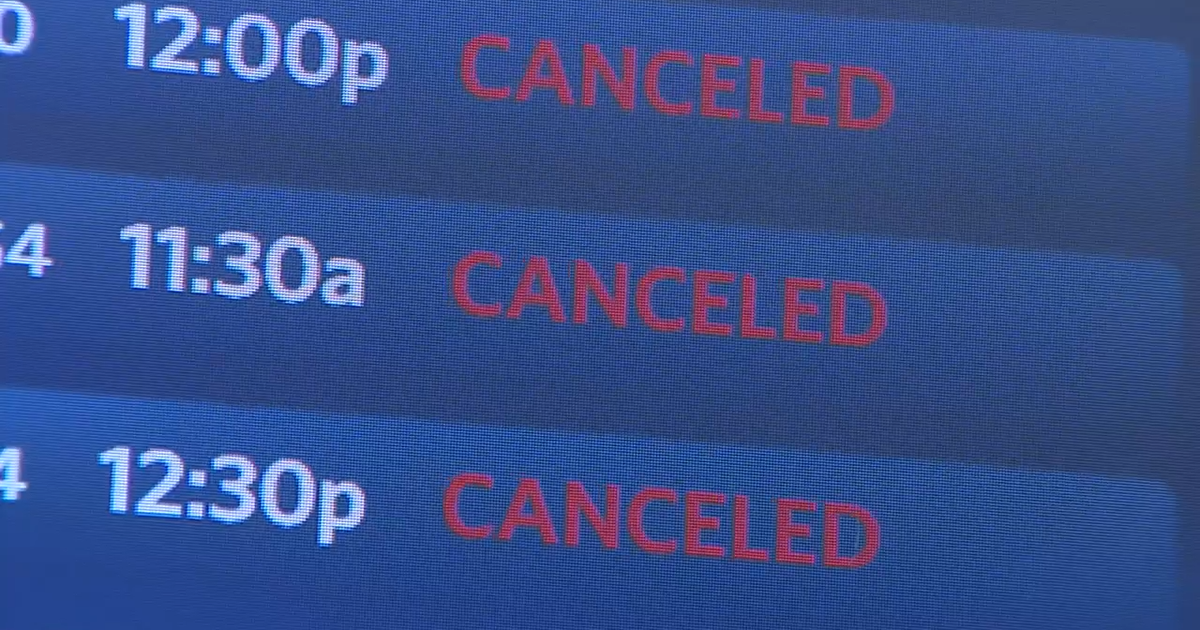Colorado and 5 other states present plan to thwart Colorado River water crisis
For months, seven states that rely on the Colorado River Basin for water have been trying to come to an agreement on how to cut usage to thwart a growing water crisis in the West.
The Bureau of Reclamation gave the basin states -- California, Arizona, Nevada, New Mexico, Utah, Colorado and Wyoming -- a deadline. On Tuesday six of the seven presented their proposal.
"This isn't the end of the journey, it's really the beginning," Chuck Collum, the executive director of the Upper Basin Commission said about the agreement.
A significant point included is the lower basin, excluding California, has agreed to address evaporation loss. That currently isn't addressed at all. It also includes recognition that the tools in the upper basin are limited by hydrology and that dry loss is going to be recognized as part of the contribution by the upper basin.
A third significant point is an agreement that the work is a shared and balanced effort, that they need to work together to protect critical elevation levels in Lake Mead and Lake Powell.
In Colorado and other Upper Basin states Collum says they have already started working to set up conservation systems to help meet their requirements.
"That includes voluntary, temporary and compensated reduction with willing partners across the four states," he said.
With agriculture making up most of the usage, farmers and ranchers will likely be asked to take part.
"I think of my children and my nieces and nephews, and we are not trying to create a 1 year fix to this. We are trying to look into the future and how are we really going to solve this problem," said Paul Buchez, a fifth generation ag producer in Colorado.
Now a member of the Colorado Water Conservation Board, Buchez's efforts to protect the river's future started years ago.
"Everything from working on diversion structures and river enhancements to looking at some of the local things we deal with all the way to the state level," he said.
When it comes to the issues surrounding the Colorado River, Buchez says the writing has been on the wall for some time, but he's hopeful that the organizations and people invested in its future will find a solution.
"I'm certain we can find responsible ways for making those decisions. But I also think we must be careful that this is a longer-term play. This is something that matters," he said.
California reportedly plans to present their own plan for conservation later this week.

